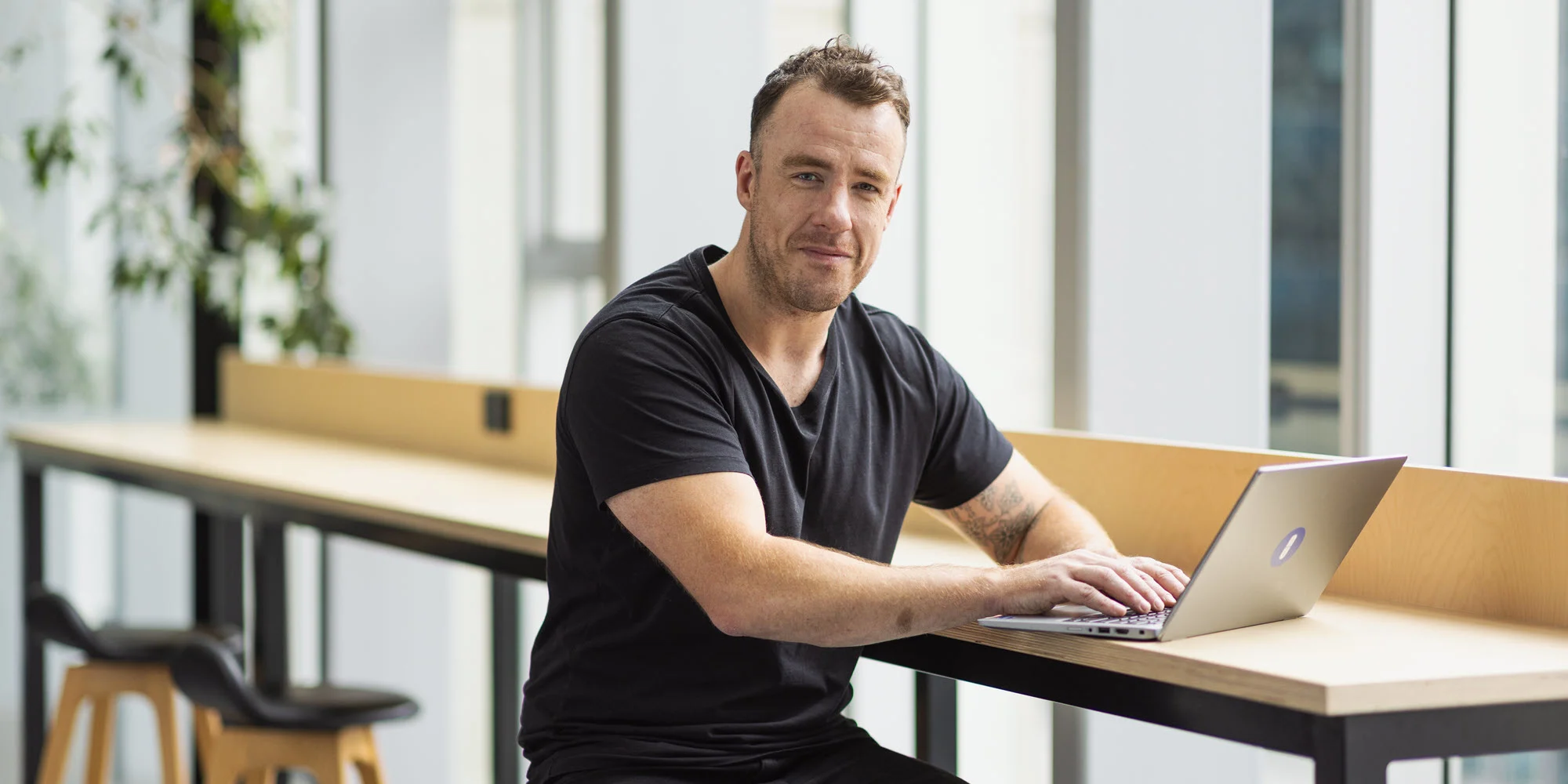How to become a medical laboratory scientist
Conduct tests to diagnose diseases and provide information about treatment and future prevention.
Pathways to this career
Medical laboratory scientists must complete a bachelor's degree in health, medical or biomedical science.
To further your career as a medical laboratory scientist, consider postgraduate studies to specialise in a particular subject area within the field.
Seek out internships and placement programs within government and local councils, or private firms dealing in science, medicine or technology to gain specialised in-lab experience and priority for internal promotion.
What does a medical laboratory scientist do?
Duties and tasks
Advise medical professionals on the results of tests and offering suggestions for diagnosis and treatment.
Analyse samples for consistency, makeup, and irregularities.
Maintain laboratory equipment and making minor repairs as needed.
Operate microscopes and other equipment to test and examine samples.
Receive tissue and other samples for experimentation and analysis.
Work with occupational health authorities to ensure laboratories are kept up to code and established regulations.
Professional bodies
Related jobs
Biomedical scientist
Hospital scientist
Medical laboratory technician
Microbiologist
Pathologist
Discover related courses
Undergraduate Certificate in Health Sciences
UndergraduateCUR-CHS-CTF
Take your first step towards a career in health—including nursing
Start building your foundational knowledge of human health and healthcare. Explore human bodies. Get to know health practice. For graduates of this online health course, the pathway to health careers and further studies is open wide.
- Study method
- 100% online
- Duration
- 6 months full time or part time equivalent
- Entry requirements
- No ATAR required. Start with a subject.
UndergraduateLAT-HSC-DEG
Explore health from many perspectives
The field of health is diverse. This online health course offers broad majors, minors, and work based learning to focus your skills and get real-world experience. From psychological science to public health, the choice is yours.
- Study method
- Online & on-campus
- Duration
- 3 years full time or part time equivalent
- Entry requirements
- No ATAR required. Start with a subject.
Available majors
- Digital Health,
- Environmental Health,
- Health Promotion,
- Health, Wellbeing and Performance,
- Psychological Science,
- Public Health,
- Rehabilitation Counselling
UndergraduateMAQ-HEA-DIP
Begin your health studies journey
Skill up with professional practices and knowledge for a future in health sciences. Learn about human structure and function. Explore lifestyle and social factors that shape wellbeing. Graduate ready to progress into a degree or start your health career.
- Study method
- 100% online
- Duration
- 1 year full time or part time equivalent
- Entry requirements
- No ATAR required. Start with a subject.
Undergraduate Certificate in Health Sciences
UndergraduateLAT-HSC-CTF
Start studying health and get ready to make a difference
Build a foundation in health and wellbeing. You’ll study anatomy and learn how to use data. Develop skills used in the health industry. Graduate ready for further study of health majors. Get set for a rewarding career in a fast-growing sector.
- Study method
- 100% online
- Duration
- 6 months full time or part time equivalent
- Entry requirements
- No ATAR required. Start with a subject.
Need help making study choices for your career?

Need help making study choices for your career?
Our student advisors will turn your aspirations into a clear study path.
They'll help you with:
Choosing and enrolling in the right course for your desired career, including pathway options.
Mapping a study plan that allows you to balance work and home commitments.
Understanding eligibility for funding, including HECS-HELP loans.
Get unbiased advice at no cost today.
Looking for other ways to start the conversation? Contact us
Step up your career with these resources

8 undergraduate certificates that will help you get into a bachelor degree
Don’t meet the requirements for your dream course? These undergraduate certificates could be your ticket in.

8 subjects you’ve never heard about (but should have)
Break away from the well-trodden path and find a course as unique as you are. From uncovering your inner palaeontologist, to studying the intricacies of Japanese culture, these eight subjects offer something a little different.

These are the most in-demand health roles right now
Wondering where to go next in your healthcare career? Take a look at these numbers.

What jobs are needed most in regional Australia?
Thinking about making a sea or country change? If you’re ready to explore life in regional Australia, you’ll find exciting job opportunities and a laid-back lifestyle that feels just right.